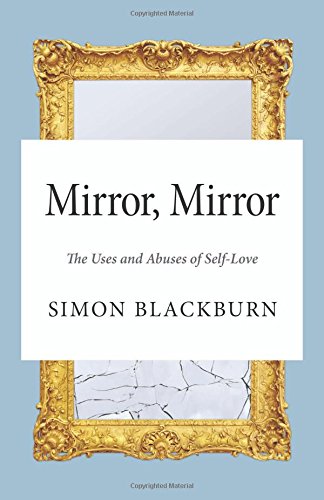

Most ebook files are in PDF format, so you can easily read them using various software such as Foxit Reader or directly on the Google Chrome browser.
Some ebook files are released by publishers in other formats such as .awz, .mobi, .epub, .fb2, etc. You may need to install specific software to read these formats on mobile/PC, such as Calibre.
Please read the tutorial at this link: https://ebookbell.com/faq
We offer FREE conversion to the popular formats you request; however, this may take some time. Therefore, right after payment, please email us, and we will try to provide the service as quickly as possible.
For some exceptional file formats or broken links (if any), please refrain from opening any disputes. Instead, email us first, and we will try to assist within a maximum of 6 hours.
EbookBell Team

0.0
0 reviewsEveryone deplores narcissism, especially in others. The vain are by turns annoying or absurd, offending us whether they are blissfully oblivious or proudly aware of their behavior. But are narcissism and vanity really as bad as they seem? Can we avoid them even if we try? In Mirror, Mirror, Simon Blackburn, the author of such best-selling philosophy books as Think, Being Good, and Lust, says that narcissism, vanity, pride, and self-esteem are more complex than they first appear and have innumerable good and bad forms. Drawing on philosophy, psychology, literature, history, and popular culture, Blackburn offers an enlightening and entertaining exploration of self-love, from the myth of Narcissus and the Christian story of the Fall to today's self-esteem industry.
A sparkling mixture of learning, humor, and style, Mirror, Mirror examines what great thinkers have said about self-love--from Aristotle, Cicero, and Erasmus to Rousseau, Adam Smith, Kant, and Iris Murdoch. It considers today's "me"-related obsessions, such as the "selfie," plastic surgery, and cosmetic enhancements, and reflects on connected phenomena such as the fatal commodification of social life and the tragic overconfidence of George W. Bush and Tony Blair. Ultimately, Mirror, Mirror shows why self-regard is a necessary and healthy part of life. But it also suggests that we have lost the ability to distinguish--let alone strike a balance--between good and bad forms of self-concern.